NORTH CHARLESTON, S.C. — North Charleston Police Officer Terminated and Criminally Charged Following Allegations of Violence and Weapon Misuse in Summerville Incident, SLED Launches Full Investigation
A troubling case is unfolding in South Carolina as the law enforcement community and the public reckon with the disturbing allegations leveled against a now-former North Charleston Police Department officer. On June 13, the department officially terminated the employment of one of its own following a series of serious criminal accusations tied to an incident that allegedly occurred in Summerville. The case has already sparked widespread concern and triggered an active investigation by the South Carolina Law Enforcement Division (SLED), as the former officer faces multiple felony charges.
The accusations involve a disturbing encounter in which the former officer is alleged to have brandished his department-issued firearm and threatened both his ex-girlfriend and another individual who was present during the incident. According to reports, the confrontation occurred in a private vehicle in Summerville, a town just outside the jurisdiction of the North Charleston Police Department. Though exact details of the incident are still being pieced together by investigators, the preliminary findings were serious enough to prompt swift action from the police department and to initiate a criminal investigation at the state level.
Among the charges being brought against the former officer are first-degree domestic violence, two counts of kidnapping, misconduct in office, and pointing a firearm at a person. These charges, particularly when levied against a law enforcement official, represent a significant breach of both legal and ethical standards. The alleged conduct goes beyond a personal dispute, raising broader concerns about misuse of authority, the abuse of state-issued weapons, and the potential for escalating violence when power is wielded recklessly.
According to law enforcement sources, the incident reportedly began when the officer, while off duty, made contact with his former partner and requested a meeting. It is alleged that the meeting escalated into a volatile and threatening situation inside a vehicle, where both the woman and another passenger found themselves in an increasingly dangerous position. It is further alleged that the officer drew his service weapon during the encounter and made verbal threats, effectively holding the occupants against their will. These allegations have resulted in the kidnapping charges, as holding someone without legal authority and the ability to flee safely falls under that criminal classification in South Carolina law.
The North Charleston Police Department has stated that it took immediate administrative action upon learning of the incident. An internal review was initiated, and the officer was placed on administrative leave while the situation was assessed. Once the nature of the charges became clear, termination proceedings were initiated and carried out swiftly. The department emphasized its zero-tolerance policy regarding criminal misconduct and reiterated its commitment to public safety, transparency, and accountability.
Meanwhile, SLED agents have been tasked with conducting a comprehensive investigation. This state agency, often called in to investigate incidents involving public officials or members of law enforcement, will collect witness statements, examine forensic evidence, review any video or audio recordings, and ultimately determine whether additional charges are warranted. As the investigation unfolds, the case will be closely monitored by prosecutors who will assess the facts and bring the matter before a court of law.
This case has drawn the attention of both local residents and statewide observers, many of whom are expressing outrage and disbelief. Community members have voiced concern about the fact that an officer sworn to uphold the law is now facing some of the most serious criminal accusations under South Carolina code. The incident has also reignited longstanding conversations about domestic violence, the access law enforcement officers have to firearms even while off duty, and the protocols in place to address potential red flags in officers’ behavior before violent incidents occur.
Victim advocates have stepped forward, using this case to highlight the dangerous intersection of domestic violence and firearms. Statistics show that the presence of a firearm in a domestic violence situation drastically increases the chances of fatality. In cases where the accused is a trained law enforcement officer, the risk is compounded by the individual’s familiarity with weapons and tactics, as well as a potential assumption by the victim that no help will be available.
Legal experts note that the charge of first-degree domestic violence is reserved for the most severe incidents—typically those that involve great bodily injury, the use or threat of a deadly weapon, or the violation of a protective order. The penalties for this charge are steep, and if convicted, the former officer could face significant prison time. Likewise, the kidnapping charges alone each carry a possible sentence of up to 30 years under South Carolina law, depending on the circumstances and whether aggravating factors are proven in court.
In addition to the criminal charges, the accused will likely face civil consequences, including the permanent loss of his law enforcement certification, and could be subject to lawsuits from the alleged victims. The charge of misconduct in office, though often viewed as a secondary offense, carries serious implications for those in public service. A conviction can effectively end a person’s career in any government or security-related field.
The fallout from this case may also extend to the department itself. Critics and watchdog groups are already calling for an independent review of hiring and psychological evaluation procedures at the North Charleston Police Department. Questions are being asked about whether there were any prior warning signs or internal complaints about the officer’s behavior and if they were adequately addressed. Transparency regarding internal oversight and accountability will be crucial in rebuilding public trust as this case moves forward.
As the investigation continues, SLED has not released specific details about the evidence being collected, but officials have emphasized that they are working diligently and impartially. They have asked for privacy for the individuals affected by the incident and have encouraged anyone with additional information to come forward.
This case serves as a stark reminder that no one, regardless of badge or title, is above the law. The community response to this event has underscored a shared expectation that all individuals—especially those entrusted with public safety—must be held to the highest standard of conduct. Allegations of violence and coercion are always serious, but when connected to someone in uniform, they carry broader implications for institutional trust and the integrity of public service.
As the former officer awaits formal court proceedings, the criminal justice system will now determine the appropriate path forward. The community will be watching closely, not only for the outcome of the charges but also for how law enforcement leaders respond, reflect, and reform in the wake of this deeply troubling case.
South Carolina authorities continue to underscore their commitment to due process and thorough investigation. In the meantime, the broader public dialogue around domestic violence, power dynamics, and accountability in policing continues, fueled by this case that has already left a deep impression on the people of North Charleston and beyond.
With so much at stake—not only for the individuals involved but for the entire law enforcement system in the state—this incident will remain in focus for months to come. It serves as a sobering example of how a single violent act, allegedly committed by someone with the authority to protect and serve, can profoundly disrupt lives, institutions, and public confidence. And while the courts will ultimately determine guilt or innocence, the societal implications of this case are already reverberating across communities that demand both justice and reform.

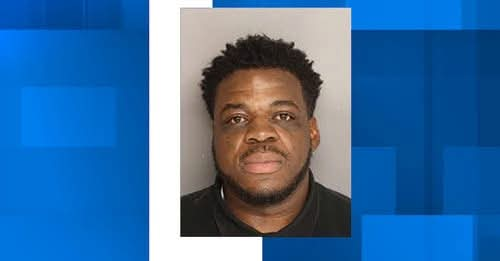


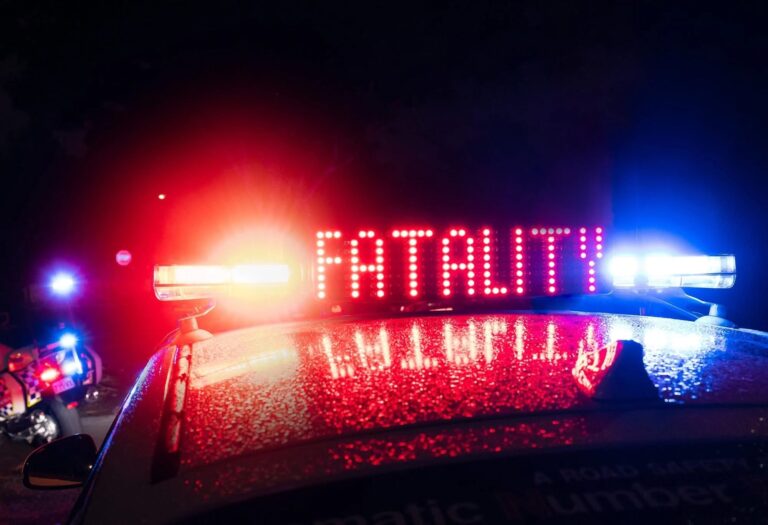
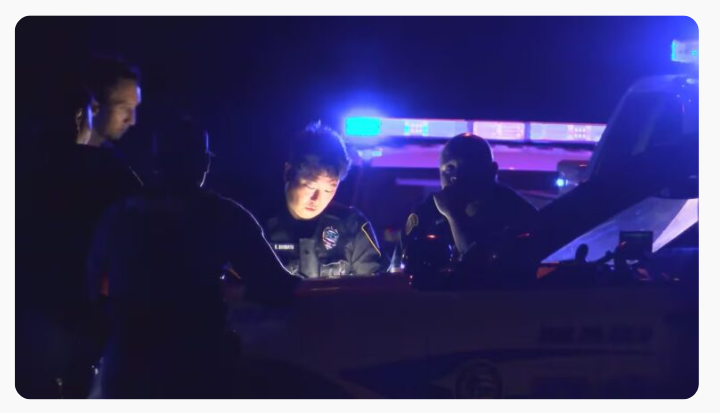
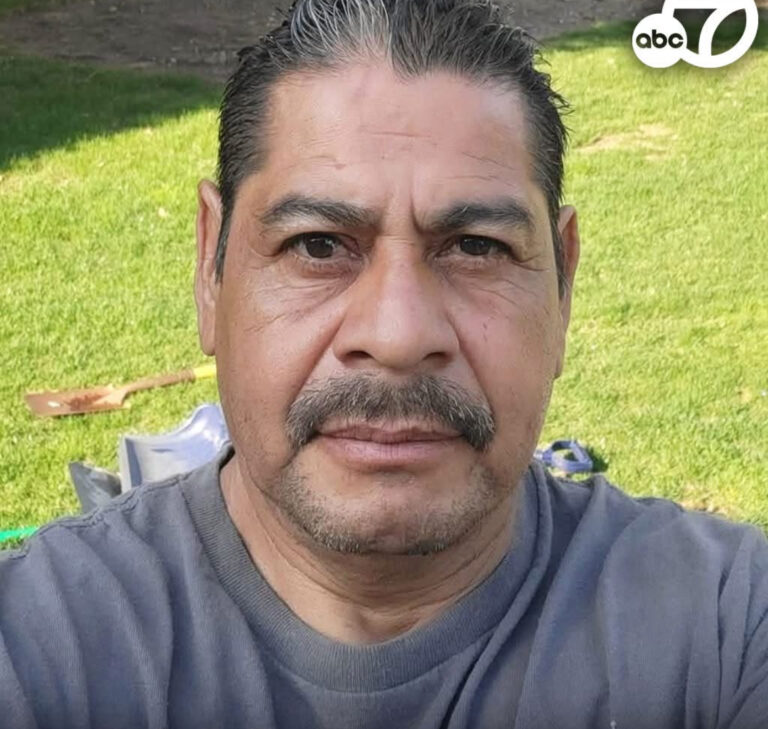



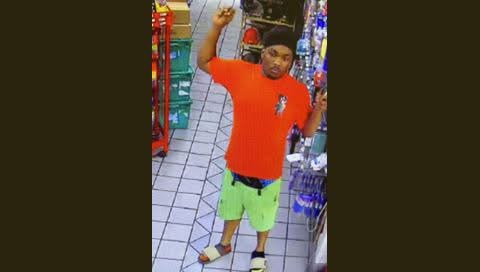
Leave a Reply